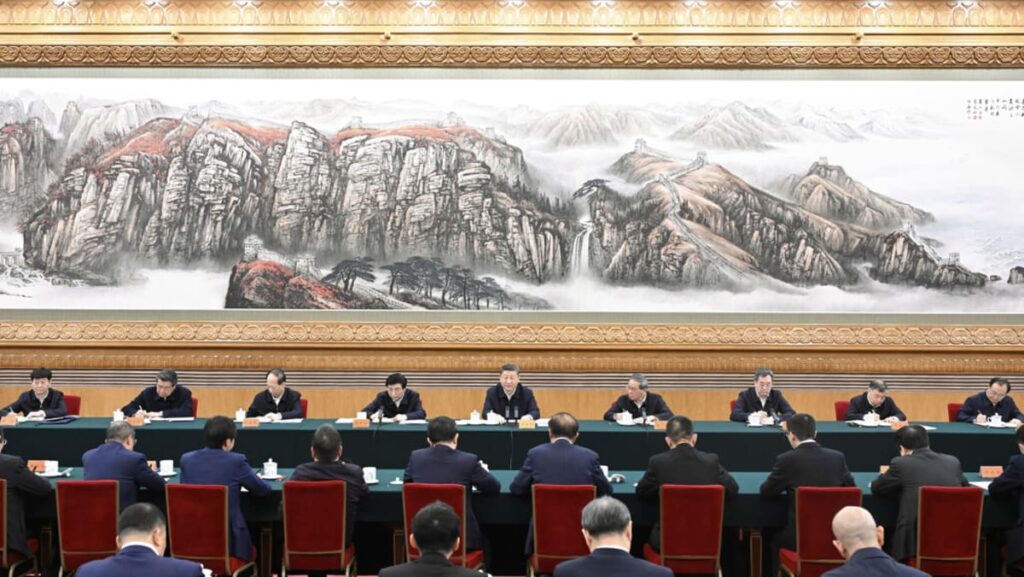SINGAPORE: When Guangzhou-based medical tech company ARC Health, known as Yijiankang in Chinese, filed for their initial public offering (IPO) in Hong Kong in June 2023, after posting more than 2.42 billion yuan (US$335 million) in revenue, the future looked bright.
But things would take a dramatic turn.
Just months later, 1,600 police officers from Henan province travelled over 1,400km to Guangzhou to conduct a cross-provincial enforcement operation against the firm, in connection with fraud allegations amounting to 600,000 yuan.
Hundreds of employees were interrogated, according to local media reports, and more than 60 bank accounts partially or fully frozen – affecting hundreds of millions of yuan in funds.
After suspending factory operations, ARC Health moved to withdraw its Hong Kong IPO plans in March 2024.
The case is among nearly 10,000 incidents involving Guangdong-based firms reportedly targeted by cross-provincial enforcement, according to a report by the Guangdong Provincial Situation Research Centre, which noted that survival had become “unsustainable” for many private businesses.
This phenomenon is also called “deep sea fishing” – similar to how fishermen venture far out to sea for a better catch.
Cases have been on the rise in cities like Guangzhou, Shenzhen and Dongguan – key hubs for China’s tech, innovation and manufacturing industries.
Observers say such cross-regional crackdowns are often aimed at generating revenue for cash-strapped local governments under pressure to meet performance targets – at the expense of the private economy.
Security firms and local police officers have also reportedly been venturing into cities and provinces outside their jurisdiction to intimidate business owners over made-up or exaggerated criminal charges.
In response to such concerns, the Private Economy Promotion Law (PEPL) – which comes into force on Tuesday (May 20) – introduces several legal safeguards which include protections for companies vulnerable to arbitrary law enforcement, and provisions to hold officials accountable if they breach the law.
“The new law is an important and welcome piece to the puzzle to increase confidence in the Chinese market,” Sebastian Wiendieck, a partner at legal advisory and tax consultancy firm Rodl & Partner China, told CNA.
CHINA’S FIRST PRIVATE SECTOR LAW
China is seeking to grow its private sector as it strives to reach its 2025 economic growth target of around 5 per cent.
Private enterprises are crucial to China’s economic recovery, contributing more than 60 per cent of GDP, 80 per cent of urban employment and making up 92 per cent of all businesses in China, according to a government statement.
Comprising 78 articles in nine chapters, the PEPL will cover areas like fair competition and rights protection, as well as provide regulatory guidance and support.
The law “will directly address long-standing concerns” from private enterprises, like excessive inspections, arbitrary fines, and profit-driven local law enforcement, said Wang Zhenjiang, China’s vice minister of justice on May 8.
Under the new law, targeted measures would include “establishing a complaint and reporting handling mechanism for administrative law enforcement violations, and liaison points to enhance communication between law enforcement supervisors and enterprises”, Wang said.
“It’s a clear top-down signal to all levels of the Chinese government as well as state-owned enterprises about the importance of private enterprises and entrepreneurs in China’s long-term development,” Wiendieck said.
Read the full article here

